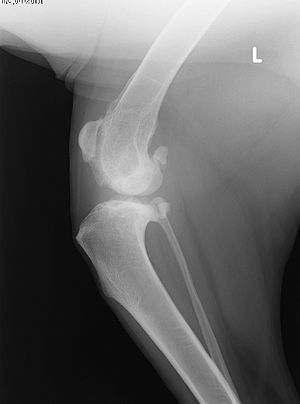Rapamycin (sirolemus) is an FDA approved antifungal antibiotic drug. It is used in transplant patients to manage rejection and is also an anti-cancer drug. Side effects in humans include diarrhea, hair and nail loss, skin ulcers and rashes.
In experiments with mice using low doses, it appeared to slow the aging process and increase the lifespan of the mice.
Researchers at the University of Washington Dog Aging Project, Healthy Aging and Longevity Research are conducting a 3-8 month trial on 32 dogs ages 6-9 years old using Rapamycin. They will check the effects of the drug on heart function, immune function, activity, body weight and cognition. The trial will also examine if there are any improvements in healthy aging and lifespan.
In a longer trial, researchers working with middle-aged dogs, hope to extend lifespans up to 5 years. If successful, cats and other species of mammals may benefit from the results.
Researchers are also studying aging in pet dogs to try and determine why some dogs live healthy long lives and others succumb to diseases such as heart, cancer, kidney, dementia and so on.
While Rapamycin may not be the answer, research is ongoing to find drugs that will produce the same effects without any undesirable or painful consequences.



